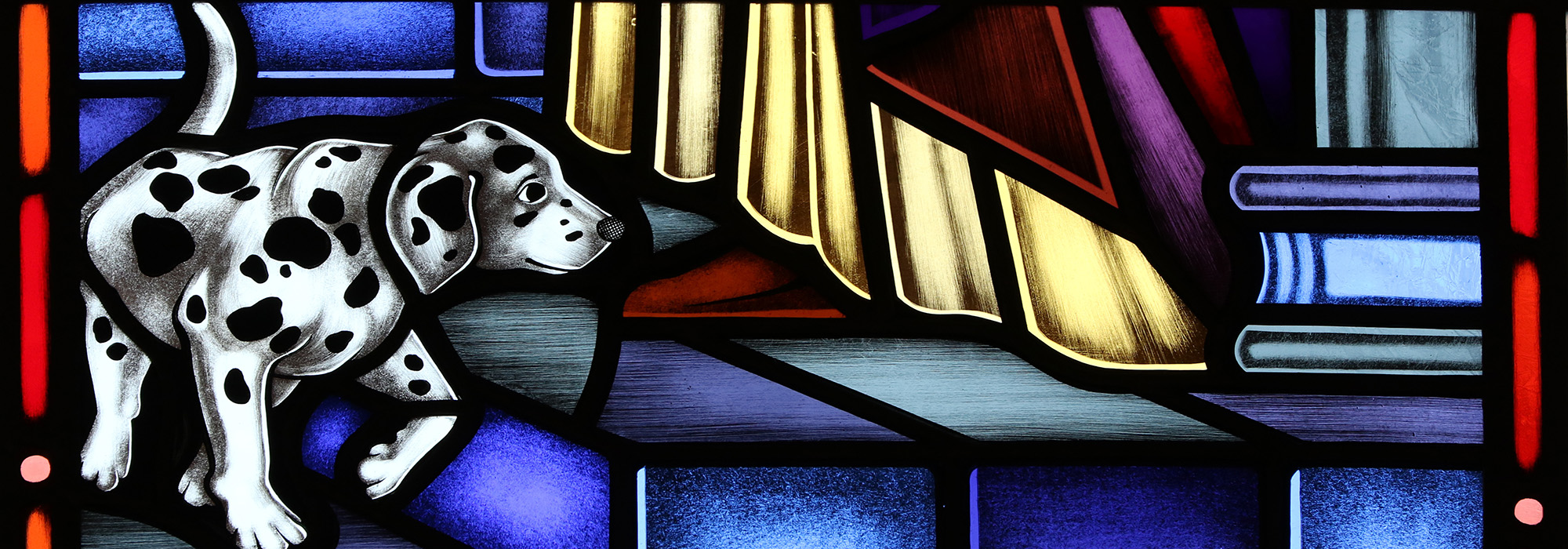
Art of the Redemption 1: Hæc dies
981
Hæc dies quam fecit Dominus:
exultemus et laetemur in ea.
Alleluia.
This is the day that the Lord made:
let us be glad and rejoice in it.
Alleluia.
let us be glad and rejoice in it.
Alleluia.
Throughout the Octave of Easter, these words from Psalm 118:24 are sung repeatedly in one form or another both as a response to the short readings Divine Office, or as the verse of the Gospel acclamation during Mass.
The emphasis is on this day, and it being made by the Lord God. The repetition of the text in Easter Week highlights that Easter is the great day of the Lord, and that the Octave of Easter is, as it were, one celebration of that one day. One might argue that every day was made by God, so what is so special about this one?
In its liturgical context, the psalm text is a commentary on Easter Sunday itself, on the day of the Lord’s resurrection. Firstly, by recalling that God made the days, it reminds us of the account of creation in Genesis, and indeed St Justin Martyr said that Sunday “is the first day on which God, having wrought a change in the darkness and matter, made the world”. But more importantly, also on a Sunday, God re-made the world. Christ’s rising from the dead has inaugurated a new creation of which he is the “first born” (see Col 1:15). So, as St Ignatius of Antioch puts it, Easter Sunday is “the day when life first dawned for us, thanks to [Jesus Christ] and His death [and resurrection]”. Hence, every Sunday in the weekly cycle of time recalls Easter Sunday, and the Church gathers every Sunday to celebrate the Lord’s death and resurrection, and to rejoice in the new creation of which we are partakers through baptism in Christ.
Some of the Fathers also referred to Sunday, it being the day of a new creation, as the ‘Eighth Day’, whereas the old creation was completed in seven days. The idea of the Eighth Day is also used to refer to the day of the Lord’s return in glory, “that day” of final judgement; it is the Day of the Lord (see Isaiah 11:12ff). For the Fathers, this was because the divinization of mankind which began on Easter Sunday is perfected on the Lord’s day. On that eighth day, as St John Damascene says, the saints of God shall also rise in our bodies and share in Christ’s glory. Hence Easter Sunday – and indeed, every Sunday – also points ahead to the day of the resurrection of the dead, and of Christ’s Second Coming.
Hence Pope John Paul II said: “In the weekly reckoning of time Sunday recalls the day of Christ’s Resurrection. It is Easter which returns week by week, celebrating Christ’s victory over sin and death, the fulfilment in him of the first creation and the dawn of “the new creation” (cf. 2 Cor 5:17). It is the day which recalls in grateful adoration the world’s first day and looks forward in active hope to “the last day”, when Christ will come in glory (cf. Acts 1:11; 1 Th 4:13-17) and all things will be made new (cf. Rev 21:5)” (Dies Domini, §1).
This work of redemption, and of our elevation through grace is entirely God’s work. He alone causes our sanctification and brings about the new creation of grace, and allows us to share divine life with him in heaven. So, the liturgical text not only emphasizes the day of redemption itself, but highlights that this day was made by the Lord; He is the cause of Easter Sunday and all it stands for. In this sense the “day” to which the text refers is the day of our salvation, that one eternal day in which we stand in God’s presence in heaven (see Ps 84:10). As he has brought about this great work of salvation for our sake, so we should rejoice and be glad.We have reason to exult, and to sing praise to the Lord – for that is what ‘Alleluia’ means.
This setting by William Byrd (c.1540 – 1623) was included in his Cantiones Sacræ of 1591. Byrd was a recusant Catholic who had continued to write music for the persecuted Catholic community of England after the Reformation. Many of the works published in the Cantiones are mournful, and he even re-arranged psalm texts to relate the desolation of Israel to the situation of Catholics in his time. However, this piece, the Hæc dies is especially upbeat and fittingly exultant. In the midst of the persecution and trials endured by his fellow recusants in Elizabethan England, Byrd’s motet is a fine evocation of Easter hope and joy, of faith in the resurrection, and the new creation it heralded that we also share. For “if we have died with Christ, we believe that we shall also live with him” (Rom 6:8).


